If you're reading this, chances are you've experienced the frustration of a dry, itchy scalp. Perhaps you've noticed small, white flakes on your shoulders, or felt that uncomfortable tightness that comes with scalp dryness. I understand how challenging and even embarrassing this can be, especially when it seems like all the products you try don’t work.
In this post, we will embark on this journey together to understand how you can solve the problem with your dry scalp and the exact steps you need to follow
Understanding the Causes of Dry Scalp
Before diving into solutions, it's important to understand what causes a dry scalp. Identifying the root cause can help tailor your scalp care routine to be more effective.
First, it's crucial to recognize that a dry scalp is different from dandruff. Both can cause flaking, but dry scalp occurs when your skin struggles to retain moisture. This can happen for various reasons:
- Environmental factors: Harsh weather conditions, especially in colder months, can strip moisture from your scalp.
- Age: As we get older, our skin naturally produces less oil, leading to dryness.
- Over-washing: Frequent washing, especially with hot water, can deplete your scalp's natural oils.
- Product buildup: Certain hair products may leave residue that clogs pores and prevents natural oil distribution.
- Underlying conditions: Sometimes, dry scalp can be a symptom of skin conditions like eczema or psoriasis.
Recognizing these factors is the first step in addressing the problem of dry scalp. Now that we have a good understanding of the root cause of the problem, let's delve into how we can nurture your scalp back to health.
Treatment for Dry Scalp
There are a number of things you can do to relieve dry scalp and prevent it from coming back. These often include specialized routines, DIY treatments, professional treatments etc.
In this section, we will look at the different ways you can take care of a dry scalp and the safest and most predictable way to solve a dry scalp problem.
Effective Hair Care Routine for Dry Scalp
Having a hair care routine that prioritizes scalp health is an effective way to manage dry scalp. The right routine can help restore moisture, reduce irritation, and prevent future dryness. Here are factors, practices and products that should be included when crafting the right routine to treat dry scalp:
- Washing frequency: Aim to wash your hair 2-3 times a week. This may seem counterintuitive if you're used to daily washing, but it allows your scalp's natural oils to nourish your skin.
- Water temperature: Use lukewarm water for washing your hair and scalp. Hot showers might feel luxurious, but they can exacerbate scalp dryness.
- Massaging: When washing, use your fingertips to massage your scalp gently. This stimulates blood flow without causing irritation.
- Drying methods: Pat your hair dry with a soft towel or an old t-shirt instead of rubbing vigorously. This reduces friction and potential irritation.
When choosing the right shampoo and conditioner you need to remember:
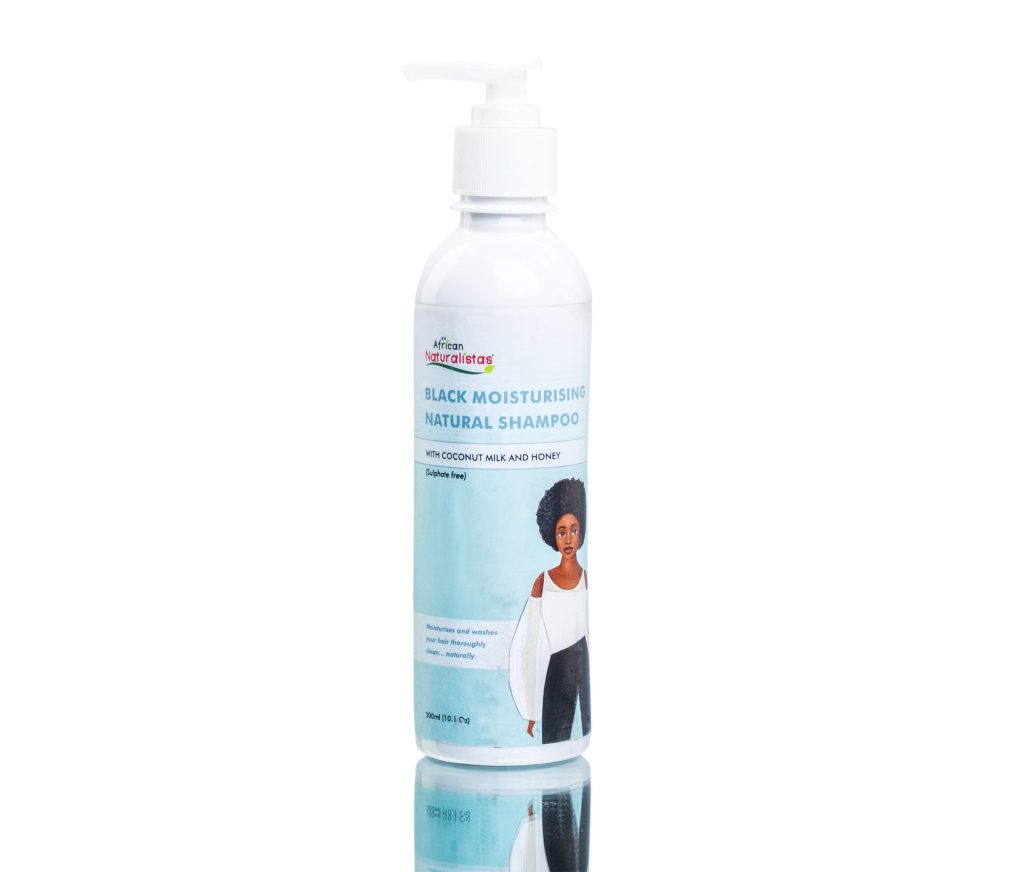
- Ingredients to Look For: Opt for moisturizing shampoos and conditioners that contain ingredients like shea butter, coconut oil, glycerin, and aloe vera. These ingredients help to retain moisture in the scalp and soothe any irritation.
- Ingredients to Avoid: Steer clear of products that contain sulfates, alcohol, and artificial fragrances, as these can be harsh and drying to the scalp.
How Often to Wash If You Have Dry Scalp
If you have a dry scalp, it's important not to wash your hair too frequently. Washing every 2-3 days is often enough to keep the scalp clean without stripping it of its natural oils. However, this can vary depending on individual needs—some might need to wash less frequently to allow the scalp's natural oils to do their job.
Natural Remedies and Treatments
Sometimes, the best treatments are the simplest ones offered by nature. Natural oils serve as one of the best forms of treatment for dry scalp. However, there are downsides to the direct application of these natural treatments which we discussed in our previous posts.
Some tried-and-true natural oils and treatments that have been used for dry scalp include :
Natural Oils for Dry Scalp:
- Coconut Oil: Known for its deep moisturizing properties, coconut oil can help soothe a dry scalp.
- Aloe vera: Known for its soothing properties, aloe vera can calm an irritated scalp.
- Jojoba Oil: Jojoba oil is similar to the natural oils produced by your scalp, making it an excellent choice for moisturizing and balancing a dry scalp.
- Tea Tree Oil: This essential oil has natural antifungal and antibacterial properties, making it great for treating scalp conditions that cause dryness.
Lastly, you should remember that your scalp's health is also influenced by your overall well-being. Hence the need to ensure a healthy diet, and hydration and keep stress level in check.
Professional Treatments for Dry Scalp: When to Seek Help
While many cases of dry scalp can be managed at home, there are times when it's best to consult a professional. If you experience persistent itching, severe flaking, or signs of infection (such as redness or swelling), it's time to seek expert advice from a dermatologist or a trichologist.
At African Naturalistas Hair Clinic, we diagnose and treat or manage over 50 hair and scalp disorders.
You can book a trichology consultation here >> Trichology Consultation
Preventive Measures for Maintaining a Healthy Scalp
Once you’ve managed to get your dry scalp under control, it’s important to take steps to maintain its health.
Hydration and Diet
- Make sure to drink plenty of water as dehydration can contribute to a dry scalp.
- Eating a healthy diet rich in fruits, vegetables, and omega-3 fatty acids can improve overall scalp health.
Hair Care Habits
- Avoid heat styling. Heat styling tools such as blow dryers, straighteners, and curling irons can damage your scalp and hair. If you must use heat styling tools, be sure to use a heat protectant spray first.
- Gentle hair handling. Avoid scratching your scalp, as this can irritate it further.
- Protect your hair from environmental factors. Sun exposure, wind, and chlorine can all dry out your scalp. When outdoors, wear a hat to protect your scalp from the sun.
Final Notes
Caring for a dry scalp requires a thoughtful approach. That includes choosing the right products, incorporating the right treatments and adopting preventive measures. By understanding the causes and implementing these strategies, you can restore moisture to your scalp and maintain its health. A well-cared-for scalp is the key to beautiful, healthy hair.
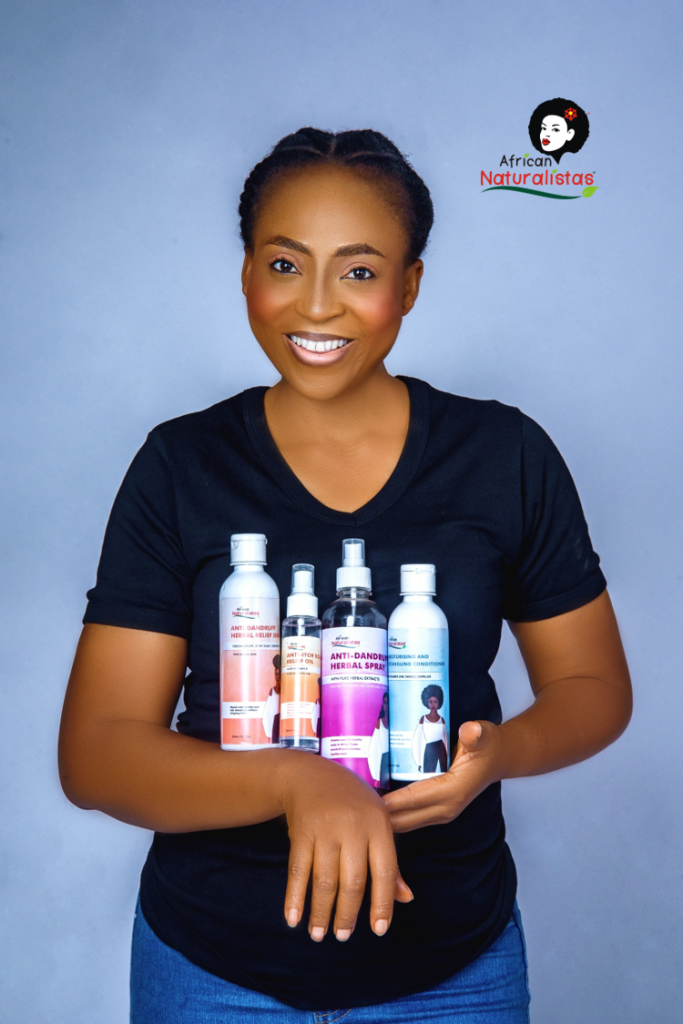
Do you have any tried-and-true tips for dealing with a dry scalp? Share your experiences in the comments below! And don’t forget to don't forget to check out our scalp repair products to give your scalp a fresh relief and support your hair growth.
For more serious hair and scalp cases, book a trichology consultation using the link below

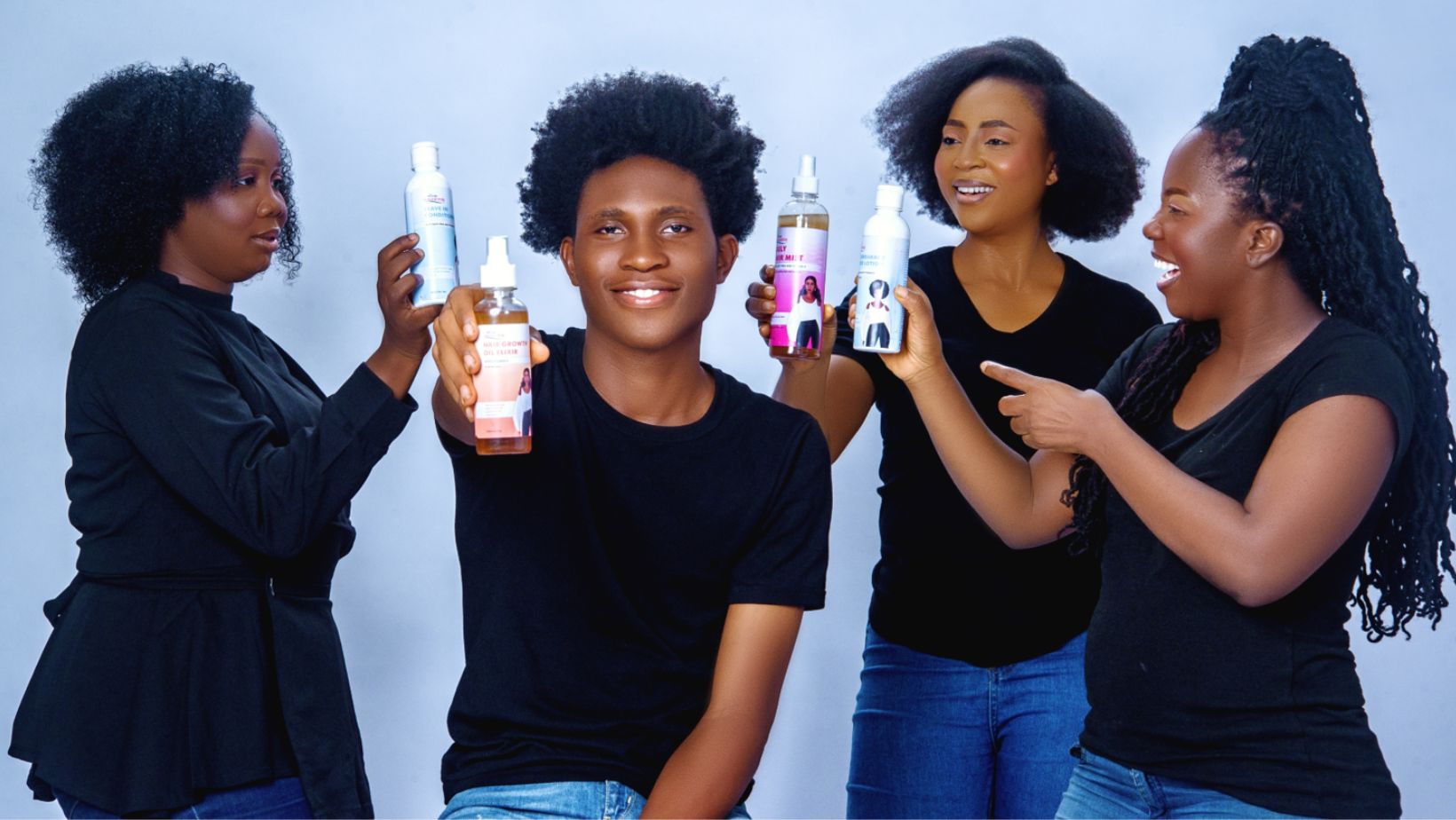
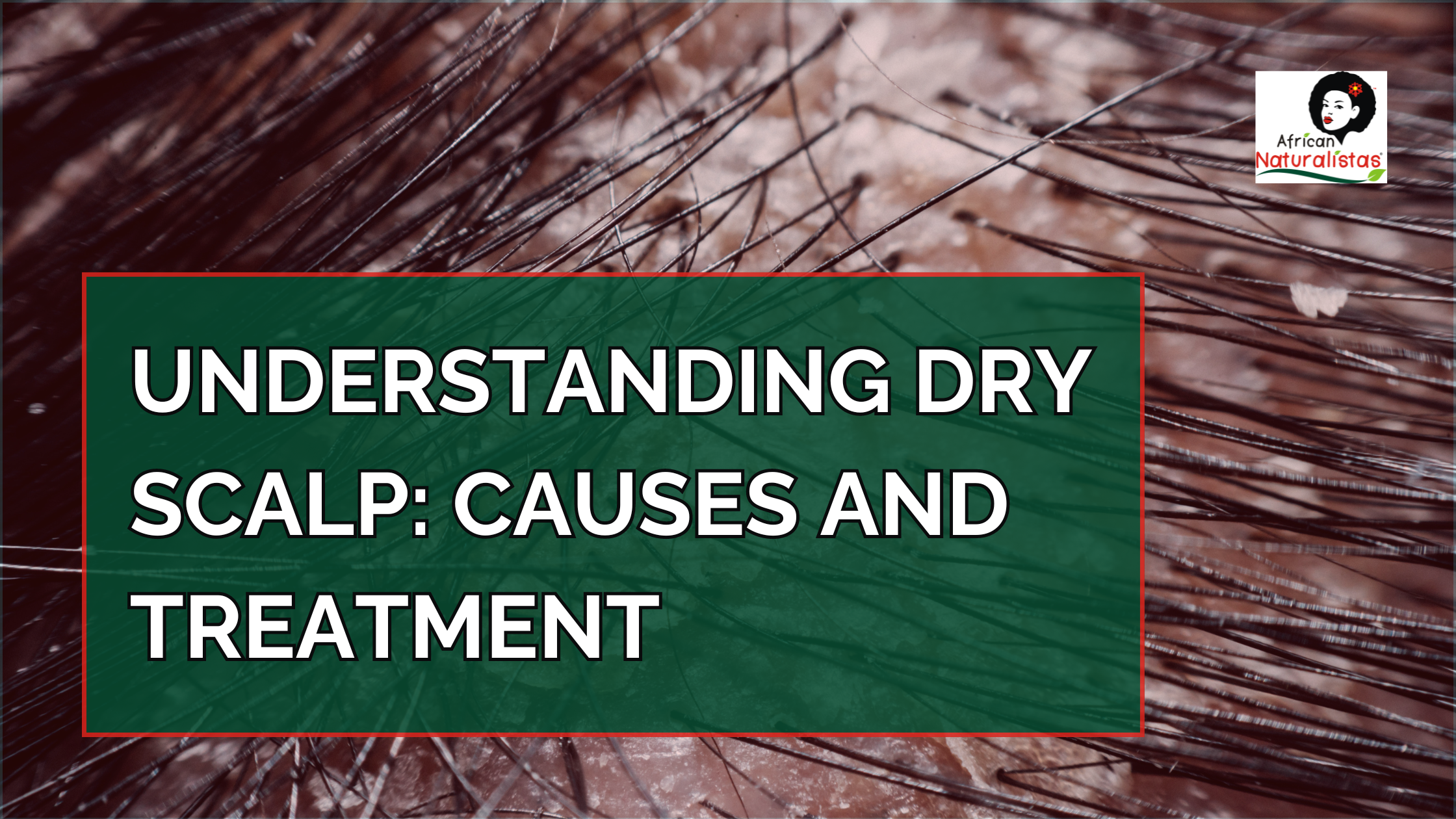
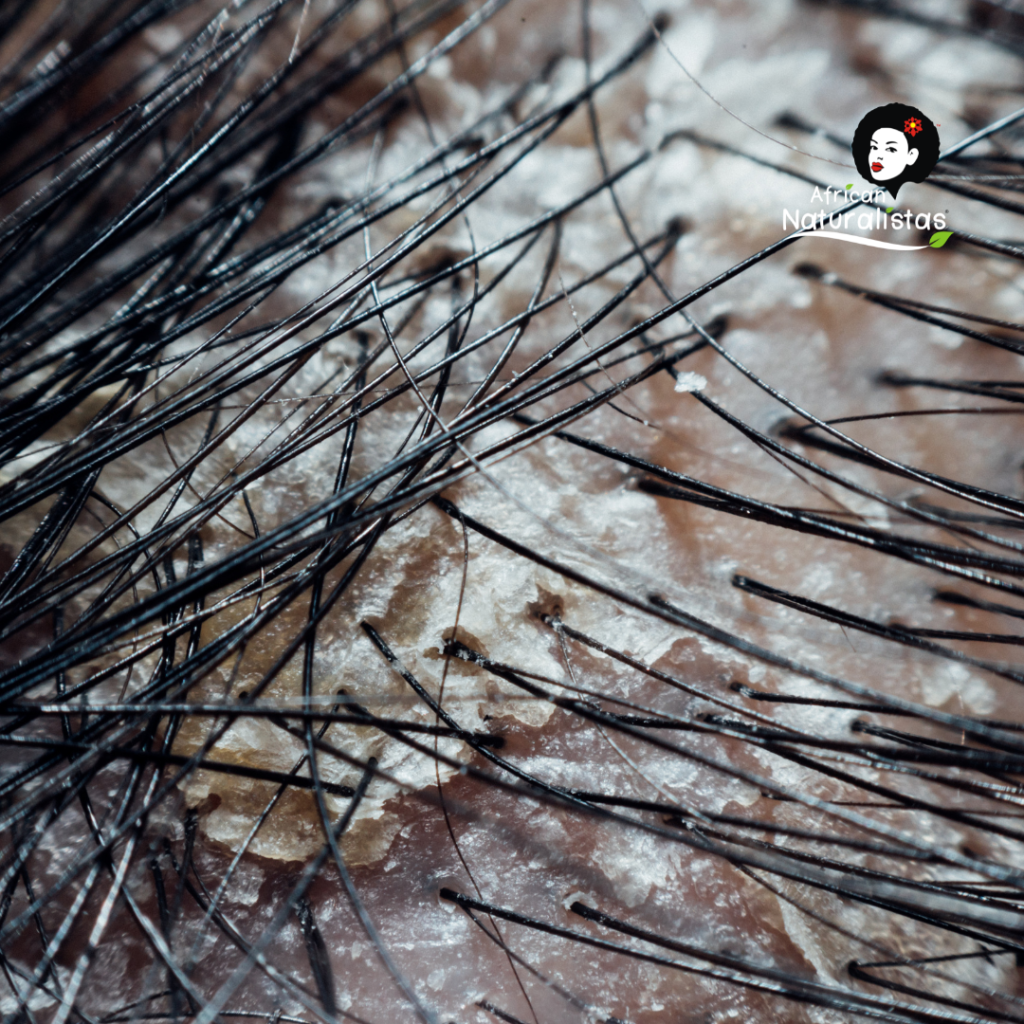
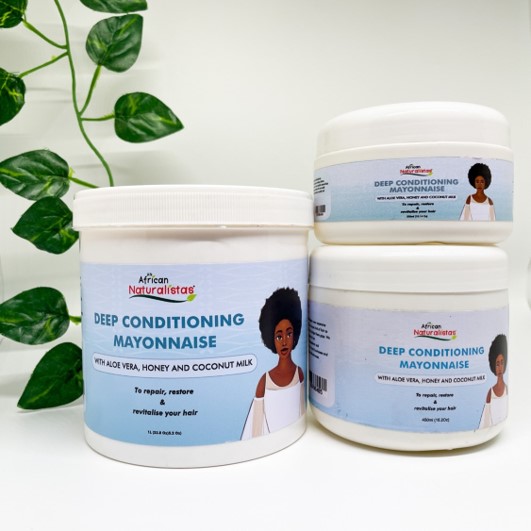
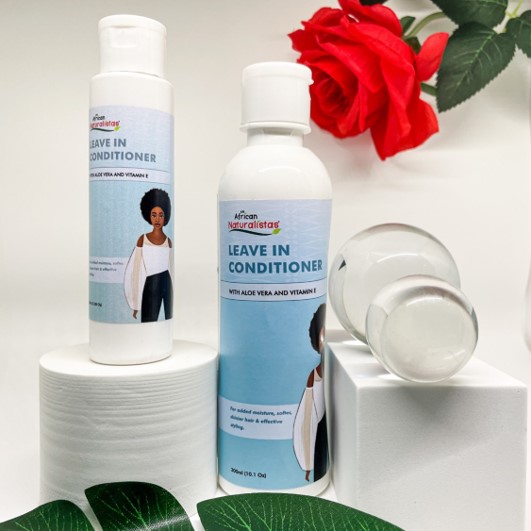
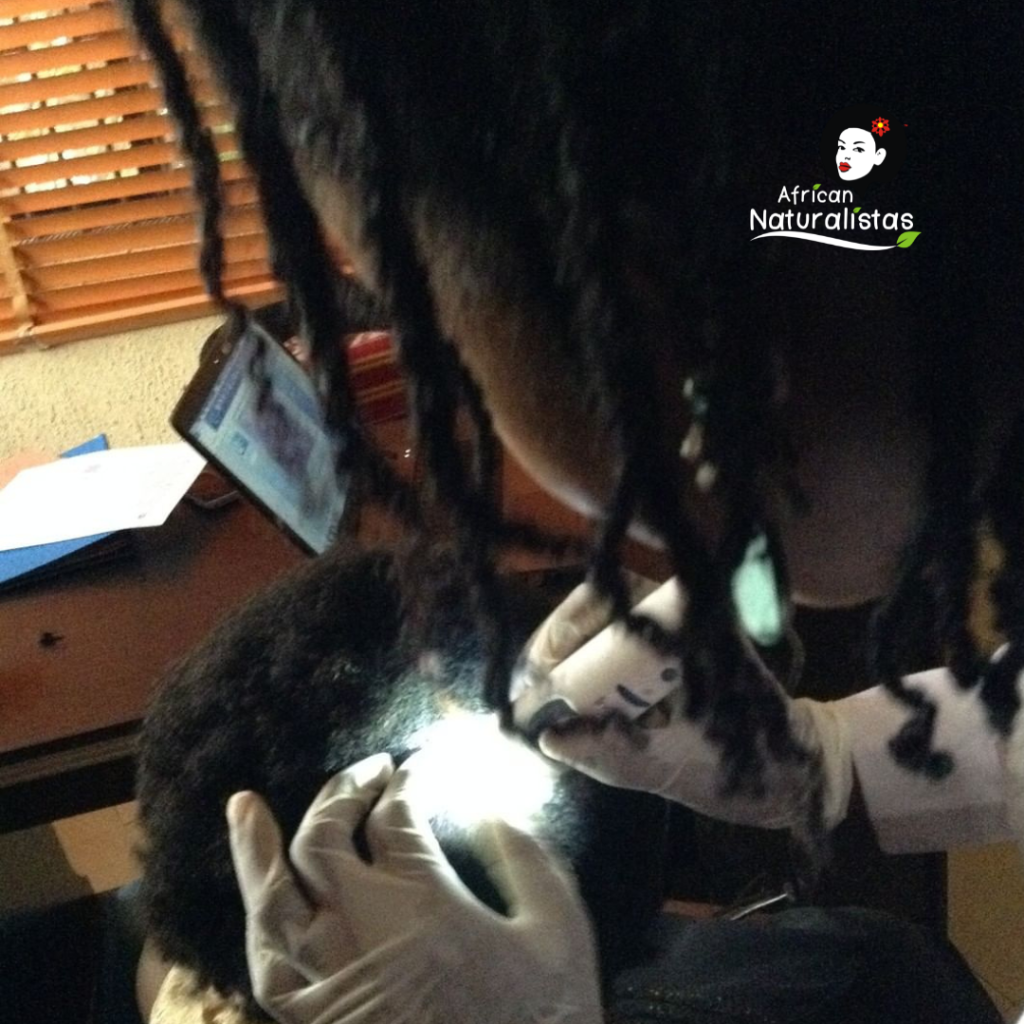
Very educative read. Thanks
Thank you for your feedback Bilkisu